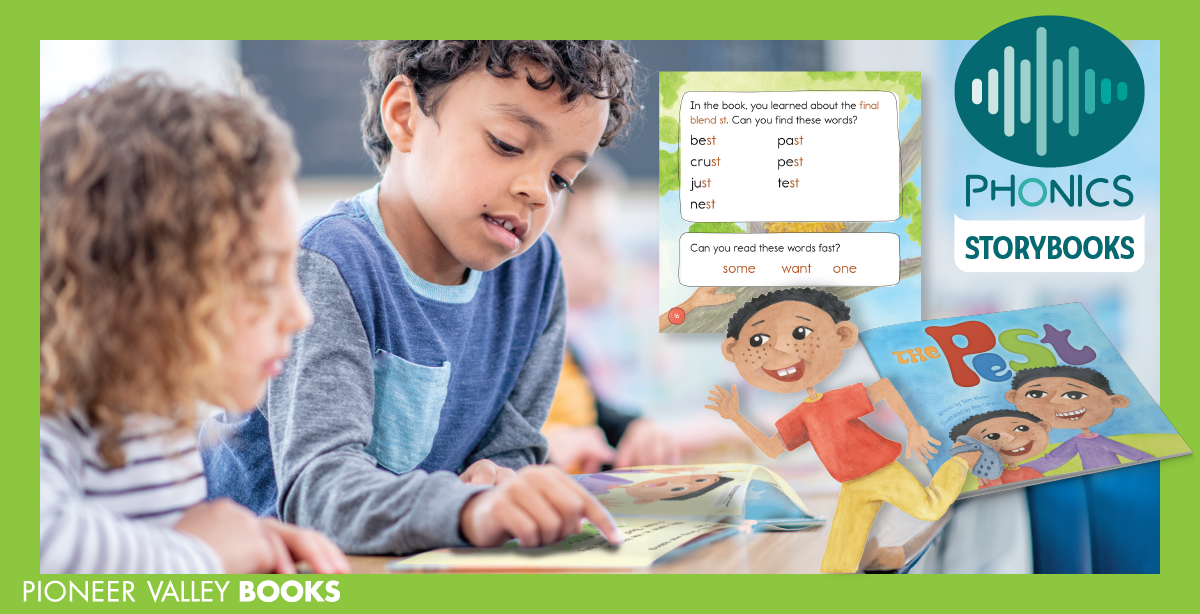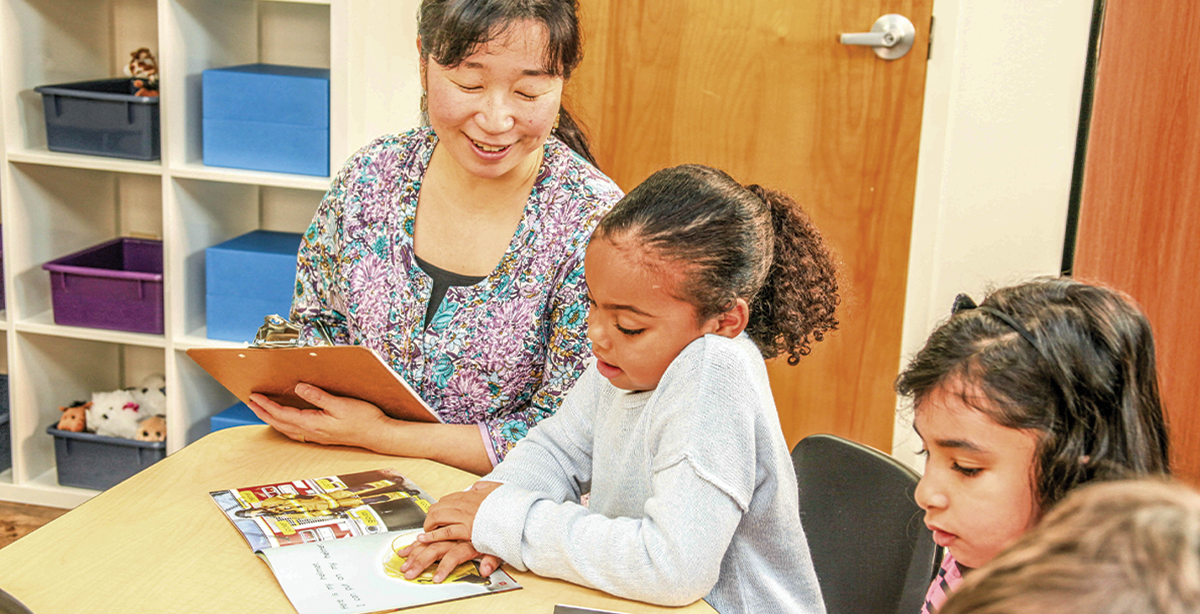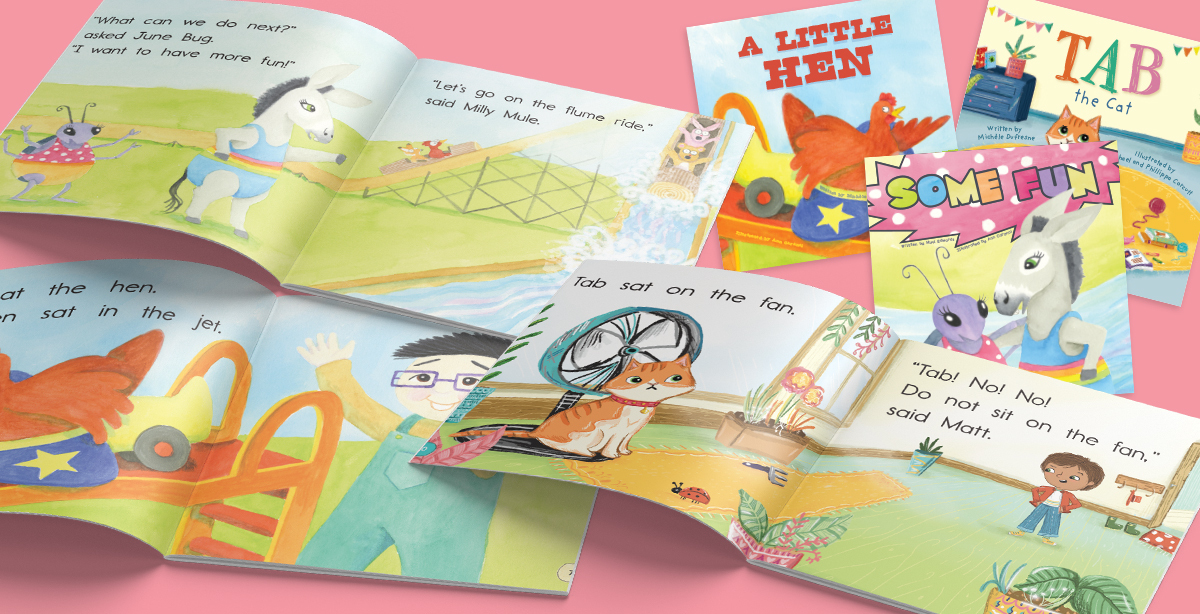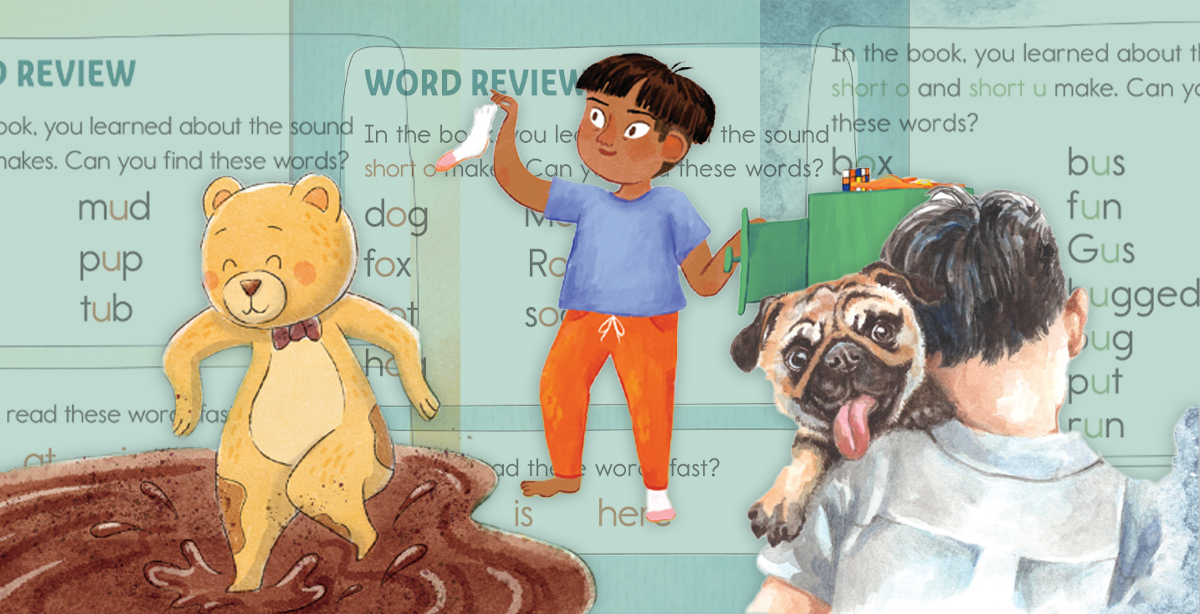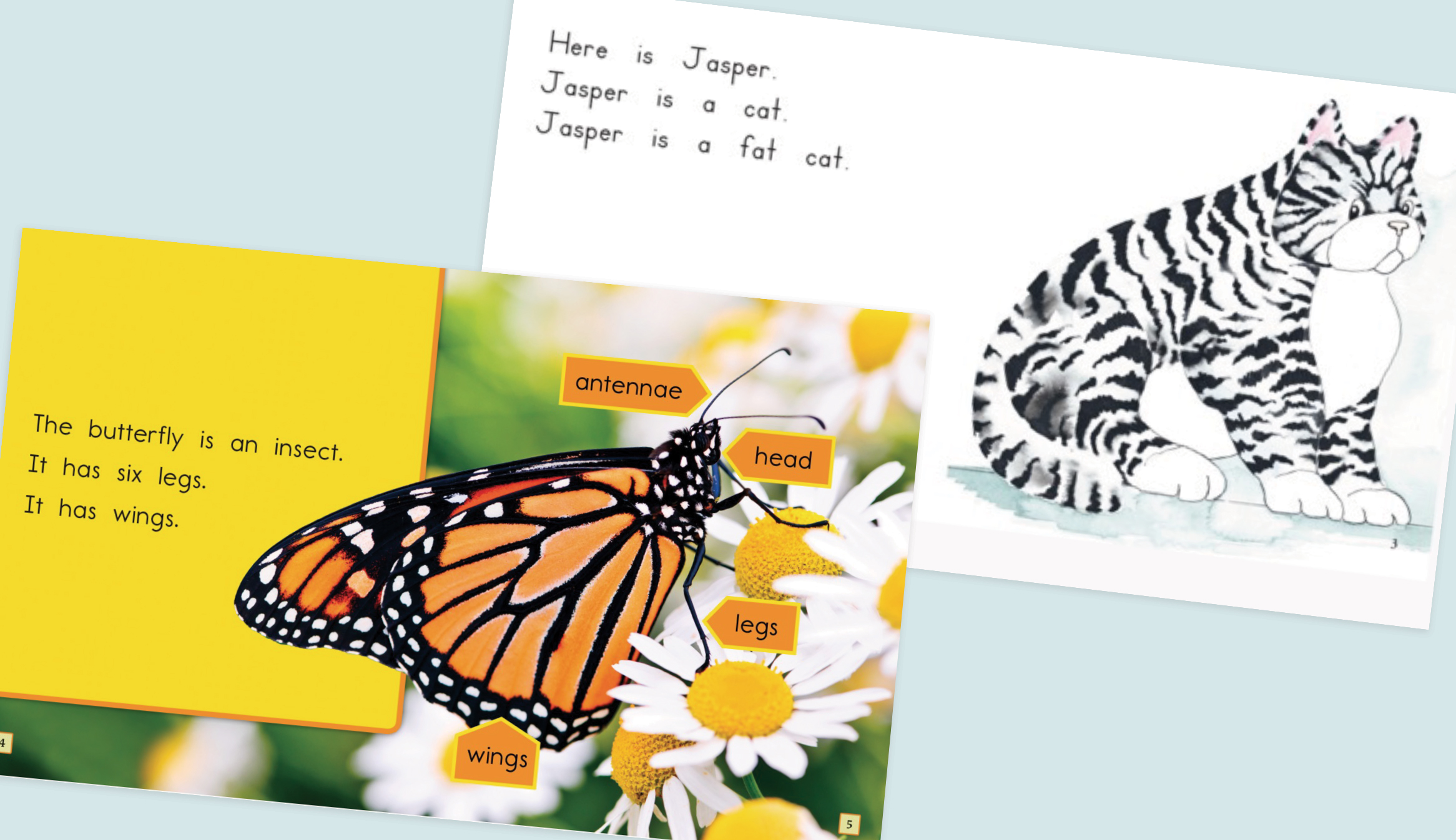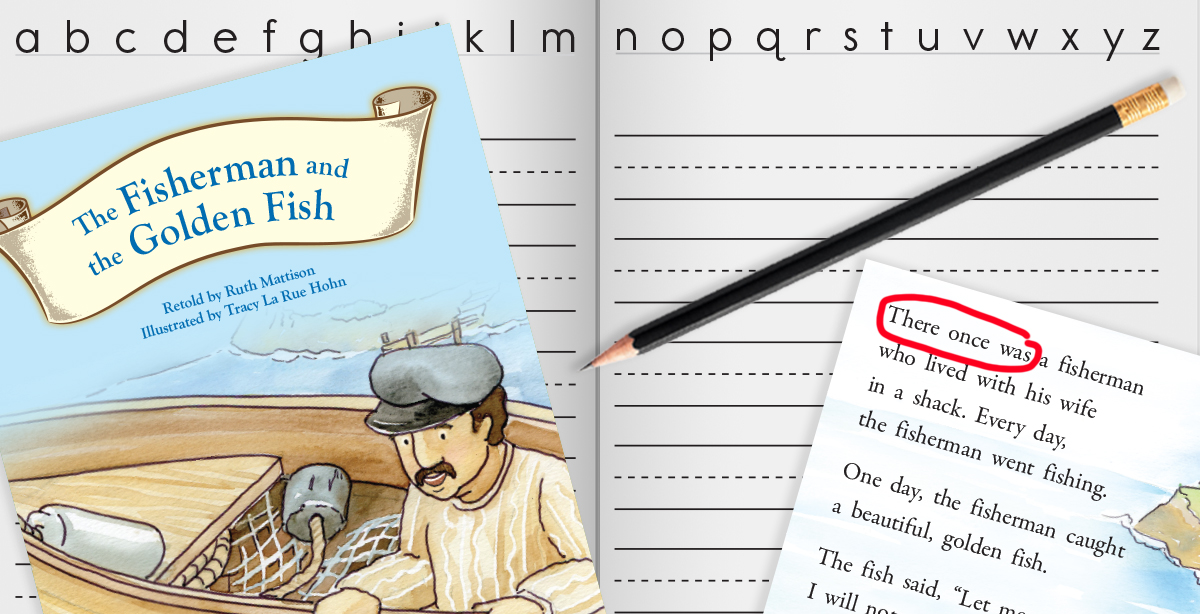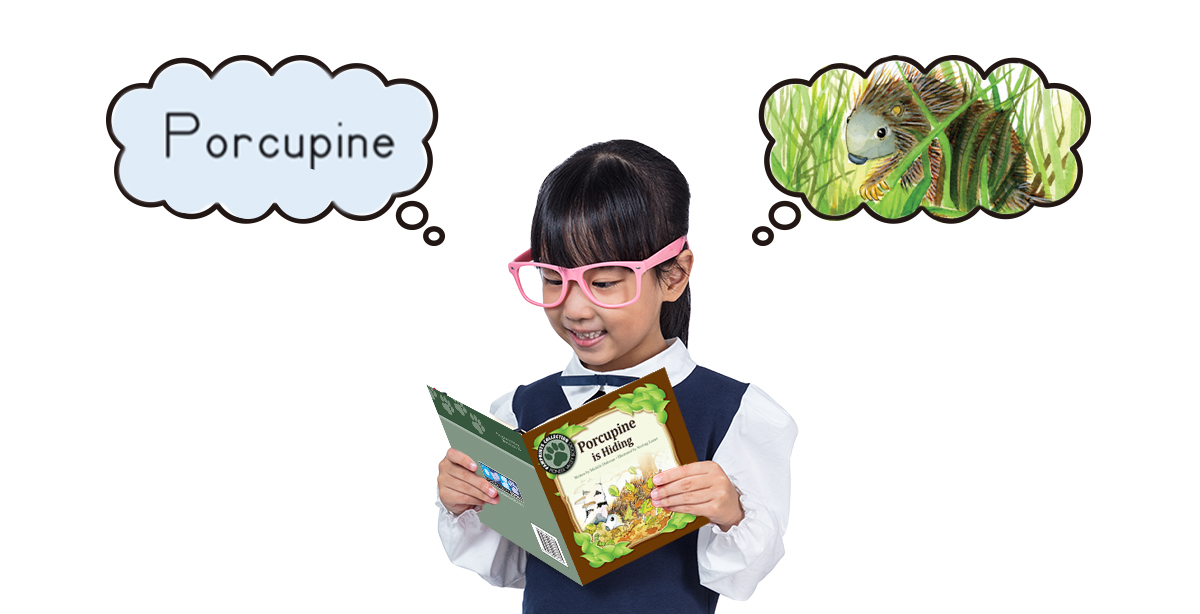Lesson Learned: Why We Wrote Phonics Storybooks
Posted onA Pioneer Valley Books fan recently asked me about my decision to write decodable books. The fan recognized that in the past I had expressed the thinking that students learn best when their teacher reacts to their reading miscues in the moment during text reading and that I objected to using decodable text that was contrived and inauthentic.
Here is my response.



